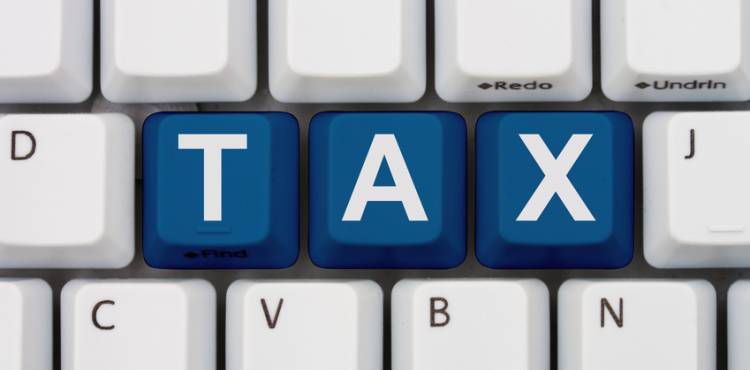3 misconceptions about online sales tax compliance

At this very moment, bright minds are working hard to develop new tools and technologies to help businesses of all shapes and sizes drive their online sales operations. Thanks to their ingenuity, business owners are streamlining their sales and marketing activities with a level of sophistication not imagined just a few years ago. And it’s not just the sales and marketing departments that are benefiting. From fulfillment to eCommerce to finance, business units are leveraging smart systems that are bringing them increased success.
Essentially, these bright minds have created an environment where almost every aspect of business can be optimized and automated. And that includes online sales tax compliance – an aspect of business that sometimes doesn’t get the attention it should. With Congress tabling the issue time and time again, it’s no wonder that online business owners don’t appear to be overly concerned.
In a blog published by Avalara, a developer of cloud-based sales tax compliance software, the company goes beyond the issues on Capitol Hill to give an explanation as to why some businesses don’t put it high on the priority list.
Misconception 1: Sales Tax is Easy
In the blog, the editor described a challenge that was given to the sales people at Avalara: Give manual sales tax management a shot.
“They were given a series of exercises, a set timeframe and one caveat: no Avalara automation tools could be used,” the Avalara editor explained. “They had to figure it out the way most companies do—by downloading rate tables, visiting state websites, plugging numbers into invoicing systems, determining exempt sales and filling out complex tax return forms.”
In the end, the sales people couldn’t accomplish the task in the time allotted. Keeping in mind that there are more than 12,000 taxing jurisdictions, thousands of product taxability rules in the U.S., and the rules are subject to change, the outcome of the challenge isn’t surprising.
Misconception 2: My Platform Already Automates Sales Tax
Built-in sales tax functionality is standard for most eCommerce platforms, but the editors at Avalara reminded readers that what comes out of the box is very basic. It requires manual work to configure and update and when it comes time to handle specific sales tax rules tied to sourcing, product taxability and exemptions, the amount of customer support is lacking.
“In addition, the sales tax reporting available doesn’t expose the data in a format required to support the filing process and some ‘accounting gymnastics’ are still required of the accounting team or CPA to try and pull it all together,” the Avalara editor cautioned.
Misconception 3: Sales Tax Automation is only for Big Companies
“’My company is too small’ or ‘We only have to collect in one state’ are common objections we hear,” explained the Avalara editor. “Companies of all sizes can benefit from sales tax automation as risk is risk whether you have it one state or all states. Also, any time spent on it is wasted time that could be focused on the business versus the pass through activity of sales tax. Factor in a sales tax platform that is delivered as a SaaS solution with pricing based on usage and you have ROI for small merchants all the way up to the enterprise.”
So what it all comes down to is that technology and automation – made possible by bright minds at places like Avalara – can save a company extensive amounts of time and money. When it’s in the context of online sales tax compliance, it can help those overseeing eCommerce activities as well as those managing finance issues to achieve their goals.
To learn more about Avalara, head to the company's website. To learn more about NetSphere Strategies, schedule a call.